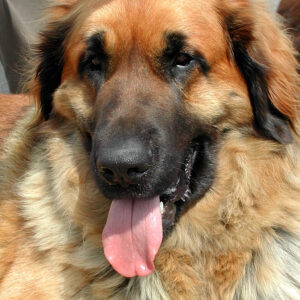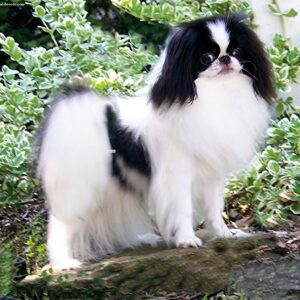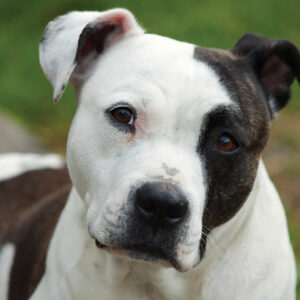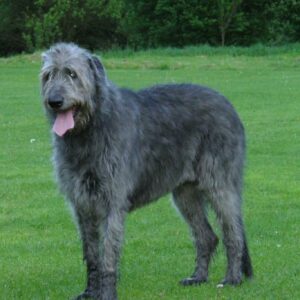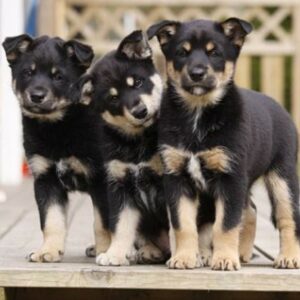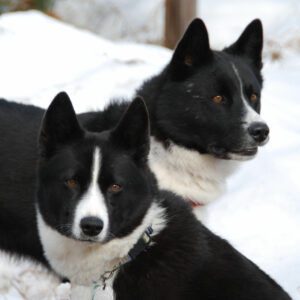Hey there, fellow dog-lovers!
History
Let me introduce you to the fascinating breed known as the Akita! Originally hailing from Japan, this breed is a descendent of the Matagi hunting dogs that were used for hunting bear and boar in the mountainous regions of Japan. In the early 17th century, the Akita was bred to be a larger, more muscular dog that was used for an even greater variety of hunting jobs. Over the years, the Akita breed was crossed with other dogs like the Tosa and the Mastiff to increase its size and strength.
Eventually, the Akita breed became popular among the Japanese royalty, and was even used as a symbol of good luck among the wealthy. During World War II, however, the breed’s popularity suffered greatly due to the government’s call for all non-military dogs to be surrendered and used for food. Thankfully, a few passionate breeders managed to keep the Akita alive, and it continued to thrive in Japan and eventually made its way to the United States.
Today, the Akita is still used as a hunting dog in Japan, but it has also become a beloved companion in many households around the world!
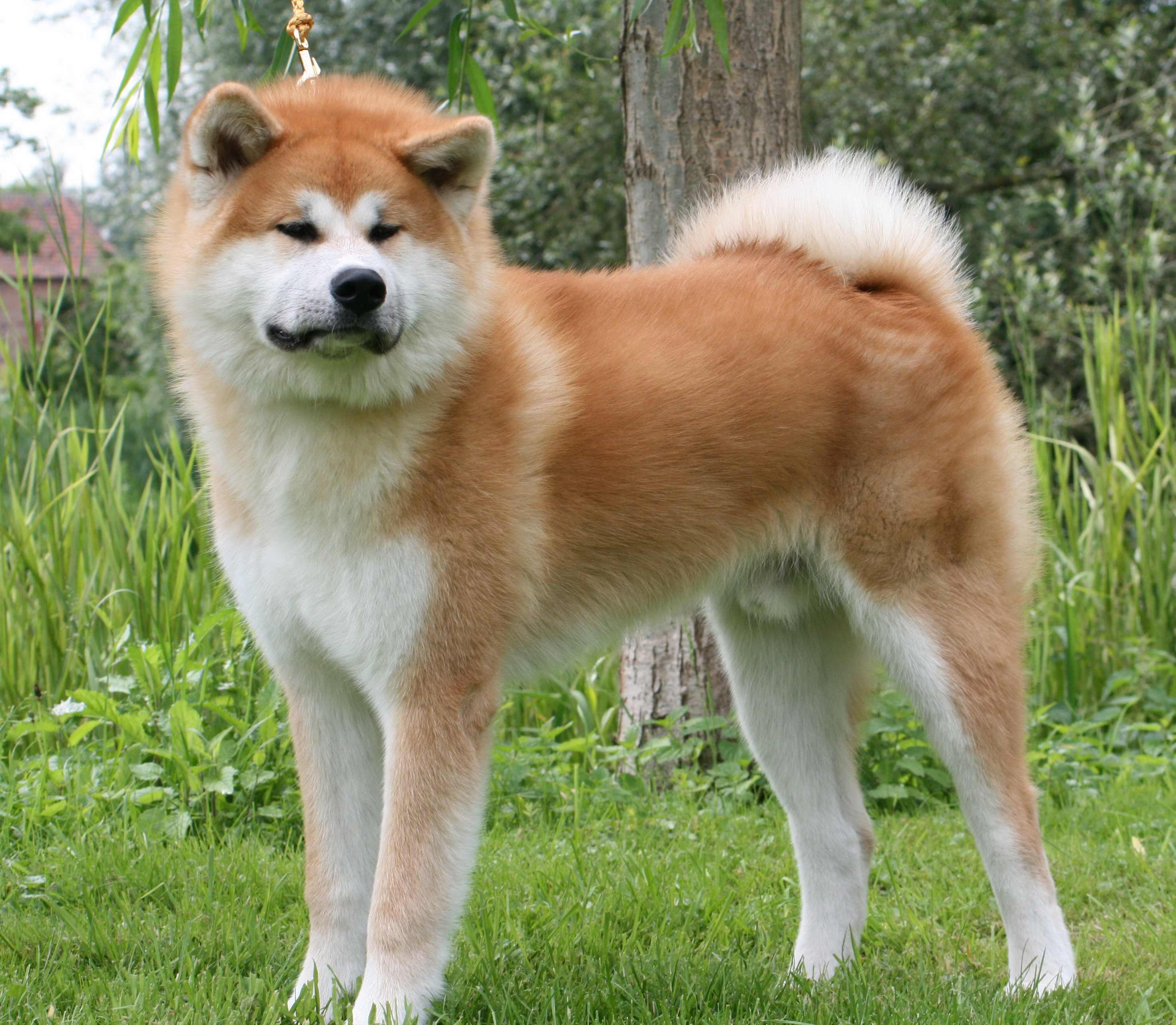
Location of Origins
As mentioned, the Akita was originally bred in Japan. In fact, the Akita region of Japan is where this breed gets its name! The Akita region is located in the northeastern section of the main island of Honshu, and is known for its cold winters and beautiful mountain scenery. It’s no wonder that the Akita breed is so well-suited to rugged terrain!

Characteristics
Let’s talk about some of the most distinctive characteristics of the Akita breed. For starters, these dogs are large and muscular, with thick, fluffy coats that can range in color from pure white to reddish-brown. They have sturdy, athletic builds, with a deep chest and a broad head that gives them a powerful appearance. Despite their imposing size, however, Akitas are known for their gentle, loyal personalities. They are incredibly intelligent dogs that are quick to learn and eager to please.
One thing that sets the Akita apart from other breeds is its devotion to its owner. Akitas tend to bond closely with their humans and will do almost anything to protect them. This makes them great guard dogs, but it also means that they can be overprotective at times. Proper training and socialization are key to helping your Akita develop a healthy, balanced personality.
Another thing to keep in mind when it comes to Akitas is their grooming needs. Their thick coats require regular brushing to keep them looking their best, and they tend to shed quite a bit. Regular grooming can help minimize the amount of shedding and prevent mats from forming in their fur.
Finally, it’s worth noting that Akitas can be quite independent dogs. While they love spending time with their families, they also appreciate their alone time and may not always be in the mood for cuddles and snuggles. If you’re looking for a lap dog, the Akita may not be the best choice for you!
Choosing the Best Foods
Nutrition is incredibly important for all dogs, and that’s especially true for large breeds like the Akita. Good nutrition can help keep your Akita healthy and happy for years to come! When choosing a food for your Akita, it’s important to look for high-quality ingredients that are tailored to your dog’s specific nutritional needs. A premium dog food that is specifically designed for large breeds can be a great choice, as these foods tend to contain the right balance of protein, fat, and carbohydrates.
In addition to choosing the right food, you’ll also want to make sure that your Akita is getting plenty of exercise. Regular exercise can help keep your dog’s weight under control and improve his overall health. Akitas are active dogs that enjoy long walks, hikes, and playtime in the yard. Just beware of over-exercising your Akita, as his large size can put extra stress on his joints if he’s running and jumping excessively.
Finally, it’s important to remember that all dogs have different nutritional needs. Your Akita’s age, weight, activity level, and overall health will all play a role in determining the right diet for him. Talk to your veterinarian to get personalized recommendations for your furry friend.
Training
Training your Akita is crucial for helping him develop a well-behaved, balanced personality. Akitas are intelligent dogs that love to learn, and they respond well to positive reinforcement training methods. Start training your Akita when he is young, and use consistent, patient training techniques to help him understand what you expect from him.
One thing to keep in mind when training your Akita is that these dogs can be stubborn at times. They are independent thinkers that may not always do what you ask the first time around! Be patient with your Akita, and use plenty of positive reinforcement in your training sessions. Rewarding your dog with treats, toys, or praise can be a great way to encourage good behavior and build a strong bond between you and your furry friend.
Socialization is also an important part of your Akita’s training. Akitas tend to be protective of their families, which can sometimes lead to aggression towards strangers or other dogs. Socializing your Akita from a young age can help him learn how to interact with other people and dogs in a positive, non-threatening way.
Finally, it’s important to remember that training is an ongoing process. Even after your Akita has mastered basic commands like “sit” and “stay,” you’ll want to continue working with him to reinforce good behavior and teach him new skills. The more time and effort you put into training your Akita, the more well-behaved and obedient he will be!
Taking Care
Taking care of your Akita involves more than just feeding him and training him. There are a few key things that you can do to help your dog live a happy, healthy life:
- Regular exercise: As mentioned, Akitas are active dogs that need plenty of exercise to stay healthy. Aim for at least 30 minutes of exercise a day, whether that means going for a long walk, playing fetch in the yard, or taking your pup on a hiking adventure.
- Regular medical check-ups: Just like humans, dogs need regular medical check-ups to stay healthy. Bring your Akita to the vet at least once a year for a check-up, and be on the lookout for any signs of illness or injury.
- Dental care: Akitas are prone to dental problems like tartar buildup and gum disease. Brush your Akita’s teeth regularly to keep his mouth healthy and fresh!
- Grooming: Akitas have thick, fluffy coats that require regular grooming to look their best. Brush your Akita’s coat at least once a week to prevent mats and tangles from forming.
- Positive reinforcement: Finally, remember that positive reinforcement is the key to a happy, healthy Akita. Shower your furry friend with plenty of love, praise, and treats to let him know that he’s doing a great job!
FAQs
Q: Are Akitas good with kids?
A: Akitas can be great with kids, but it’s important to socialize them from a young age to ensure that they know how to interact with children in a safe, non-threatening way. Akitas that have not been socialized with children may see them as potential threats, which can lead to aggression. Always supervise your Akita when he is playing with children, and teach your children how to interact with dogs in a way that is safe and respectful.
Q: Are Akitas good with other pets?
A: Akitas can get along well with other pets, but they may be aggressive towards animals that they see as prey (like cats or small rodents). Again, socialization is key when it comes to helping your Akita learn how to interact with other animals in a peaceful way.
Q: Do Akitas shed a lot?
A: Yes, Akitas do shed quite a bit! Regular grooming can help minimize shedding, but if you’re someone who can’t stand the idea of dog hair all over your house, the Akita may not be the breed for you.
Q: Are Akitas difficult to train?
A: Akitas can be stubborn and independent, which can make training a bit challenging. However, with patience, consistency, and positive reinforcement, most Akitas can be trained to be well-behaved and obedient.
Conclusion
The Akita is a fascinating breed with a long and storied history. Originally bred for hunting, this breed has become a beloved companion in households around the world. If you’re thinking of adding an Akita to your family, remember that these dogs require plenty of exercise, grooming, and positive reinforcement training to thrive. With the right care, your Akita can be a loyal, loving companion for many years to come!

